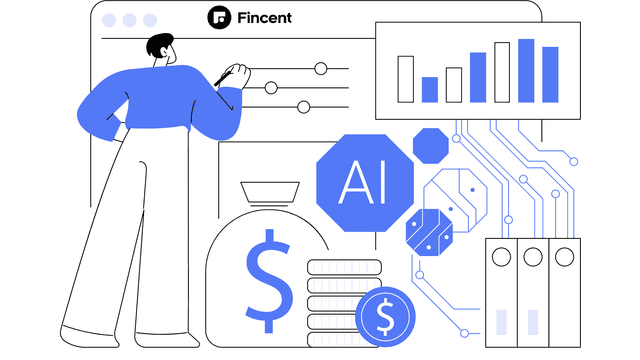- Glossary
- Expenses in Accounting
Expenses In Accounting
Expenses are what a company must pay to run its operations and generate revenue. It's the sum of money required to buy something, to put it simply. Making money requires money, according to a saying.
Examples of frequent expenses include supplier payments, employee wages, factory leases, and equipment depreciation. In order to lower their tax burden, businesses are allowed to deduct tax-deductible expenses from their taxable income on their income tax returns. But the Internal Revenue Service (IRS) has strict rules about what costs businesses can write off.
How Expenses Are Recorded
The income statements of businesses provide a breakdown of their revenues and costs. Accounting professionals monitor their spending by using either the cash basis or the accrual approach.. Expenses are recorded after they are paid under cash basis accounting. Expenses are recorded as they are incurred under the accrual system, in contrast.
For instance, if a corporation employing the cash basis schedules a carpet cleaner to clean the carpets in the office, the expense is recorded when the invoice is paid. When the business obtains the carpet cleaning service, the accountant would record the expense using the accrual technique. To ensure that they correspond with the revenues reported in accounting periods, expenses are often documented on an accrual basis.
Types of Expenses
Although expenses have an impact on all financial accounting statements, the income statement is the most affected. On the income statement, they are listed under the following five key headings:
1. Cost of Goods Sold (COGS)
The price incurred in purchasing raw materials and producing finished goods is known as the cost of goods sold (COGS). It excludes expenses incurred by the entire company for selling and administration, as well as interest charges and losses on unusual goods.
- For businesses engaged in manufacturing, COGS consists of direct labor, direct materials, and manufacturing overhead.
- Instead of COGS, a service company might refer to it as a cost of services.
- It is known as cost of sales for an organization that sells both goods and services.
- COGS includes things like direct materials, direct expenses, and production overhead.
2. Operating Expenses – Selling/General and Admin
Sales commissions, advertising costs, and store rent are examples of operating expenses that are associated with the sale of goods and services.
Executive salaries, R&D, travel, training, and IT expenses are some of the general and administrative expenses incurred when operating the main line of business.
3. Financial Expenses
They are expenses related to borrowing money from creditors or lenders. They are out of the company's essential business expenses. Examples are the origination charges for loans and interest on borrowed funds.
4. Extraordinary Expenses
Costs for significant one-time transactions or events that are not part of the company's regular business operations are considered extraordinary expenses. They consist of letting go of workers, selling property, or getting rid of a sizable asset.
5. Non-Operating Expenses
These are expenses that are unrelated to operating income. The most frequent non-operating expense is interest. Interest is the cost of borrowing money. Loans from banks usually require interest payments, but such payments don’t generate any operating income. Hence, they are classified as non-operating expenses.
Key Takeaways
- Costs incurred by a company to operate and generate revenue are known as expenses.
- Businesses may deduct tax-deductible expenses on their income tax returns as long as they comply with IRS regulations.
- One of two accounting methods, cash basis or accrual basis - is used by accountants to record expenses.
- The two fundamental categories of business expenses in accounting are operational expenses and non-operating expenses.
- Unlike most other business expenses, capital expenses are handled differently by the IRS.


